
Diary of V.N. Gelfand for the years 1945-1946 was published in 2005 in the translation into German and became a real sensation. Perhaps, for the first time, German readers got the opportunity to see the defeat of the Third Reich, the occupation of Germany, the relationship between Soviet troops and Germans (especially Germans, perhaps the most painful topic discussed in Germany at the end of the 20th and beginning of the 21st centuries) through the eyes of a Soviet officer. Of course, the memoirs of Lev Kopelev have already been written and published. However, they covered a relatively short period of time, they were written - as it should be "to the memories - after the fact, that is, the same, but somewhat different person, was to some extent a literary work. Gelfand’s diary covered almost two years, was very detailed and frank.
Doctor of Historical Sciences, Professor, Director of the International Center for the History and Sociology of World War II and its Consequences HSE Oleg Budnitsky
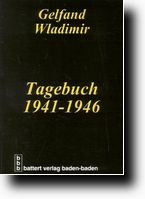 |
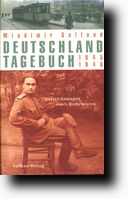 |
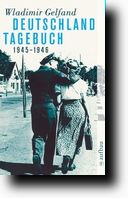 |
 |
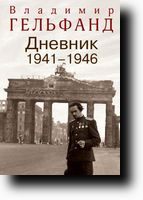 |
 |
|---|
Vladimir Gelfand died on November 25, 1983 at the age of 60. He did not live quite a bit until the time when the "censorship curtain" over the Soviet past first rose, and then was completely ripped off. And, probably, in his wildest dreams, having dreamed since childhood about the fame of a writer, he could not imagine that his military diary would be translated into foreign languages, would become a bestseller in Germany, would be quoted in dozens of works on the history of World War II.
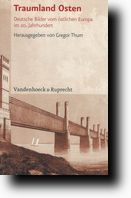 |
 |
 |
 |
 |
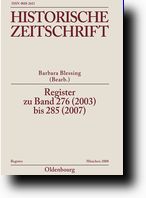 |
||
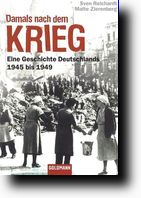 |
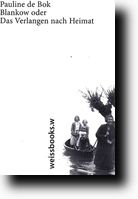 |
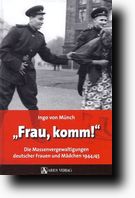 |
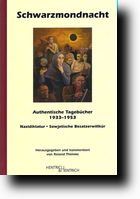 |
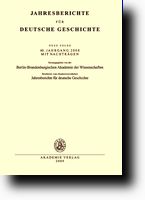 |
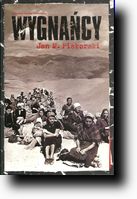 |
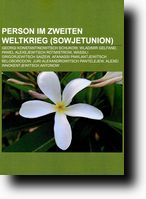 |
|
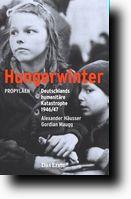 |
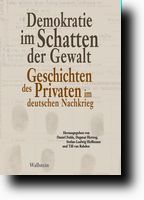 |
 |
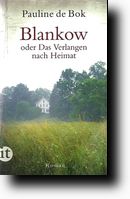 |
 |
 |
 |
|
 |
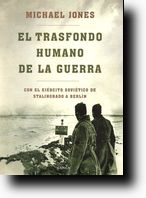 |
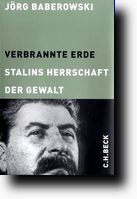 |
 |
 |
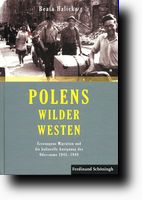 |
||
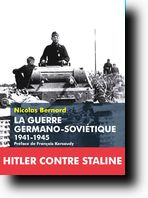 |
 |
 |
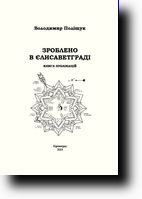 |
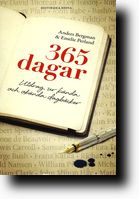 |
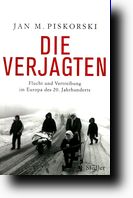 |
 |
|
 |
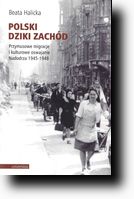 |
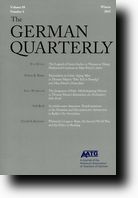 |
 |
 |
|||
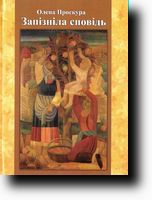 |
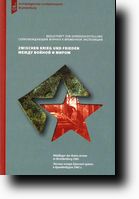 |
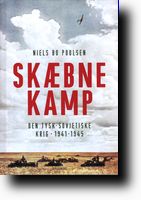 |
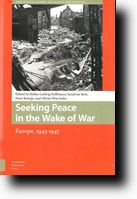 |
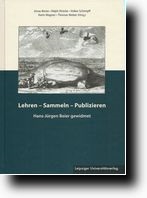 |
|||
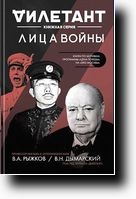 |
 |
 |
 |
||||
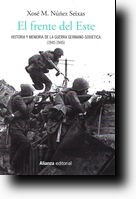 |
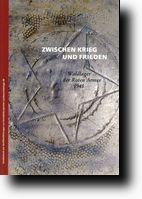 |
||||||
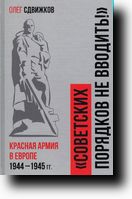 |
 |
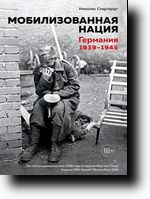 |
 |
||||
 |
 |
During the German occupation during World War II, the discovery of extraordinary personal evidence several times caused excitement. Of the large, currently well-developed fund of individual heritage, such as private and semi-public correspondence or collections of photographs, some comments on the experience on the Eastern Front of Germany attracted special attention. So the poems in the letters of Hermann Kückelhaus and "Confession of the Great War" by Willy Peter Reese. For the first time, Vladimir Gelfand's notes reflect a position from the other side of the front. Gelfand’s literary talent will probably be difficult to evaluate. Even Lew Kopelev really needed time to appreciate the excellence in a documentary with artistic value.
Dr.
Elke Scherstjanoi, Institut für Zeitgeschichte
München-Berlin
|
|
|
|
|
|
|
|
|
|
|
|
|
|
|
|
|
|
||
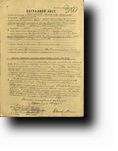 |
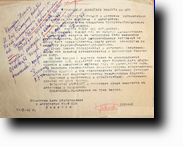 |
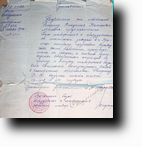 |
 |
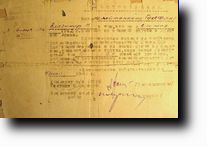 |
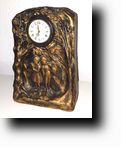 |
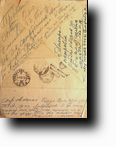 |
||
Vladimir Natanovič Gel'fand /museum-digital berlin/ Museum Berlin-Karlshorst